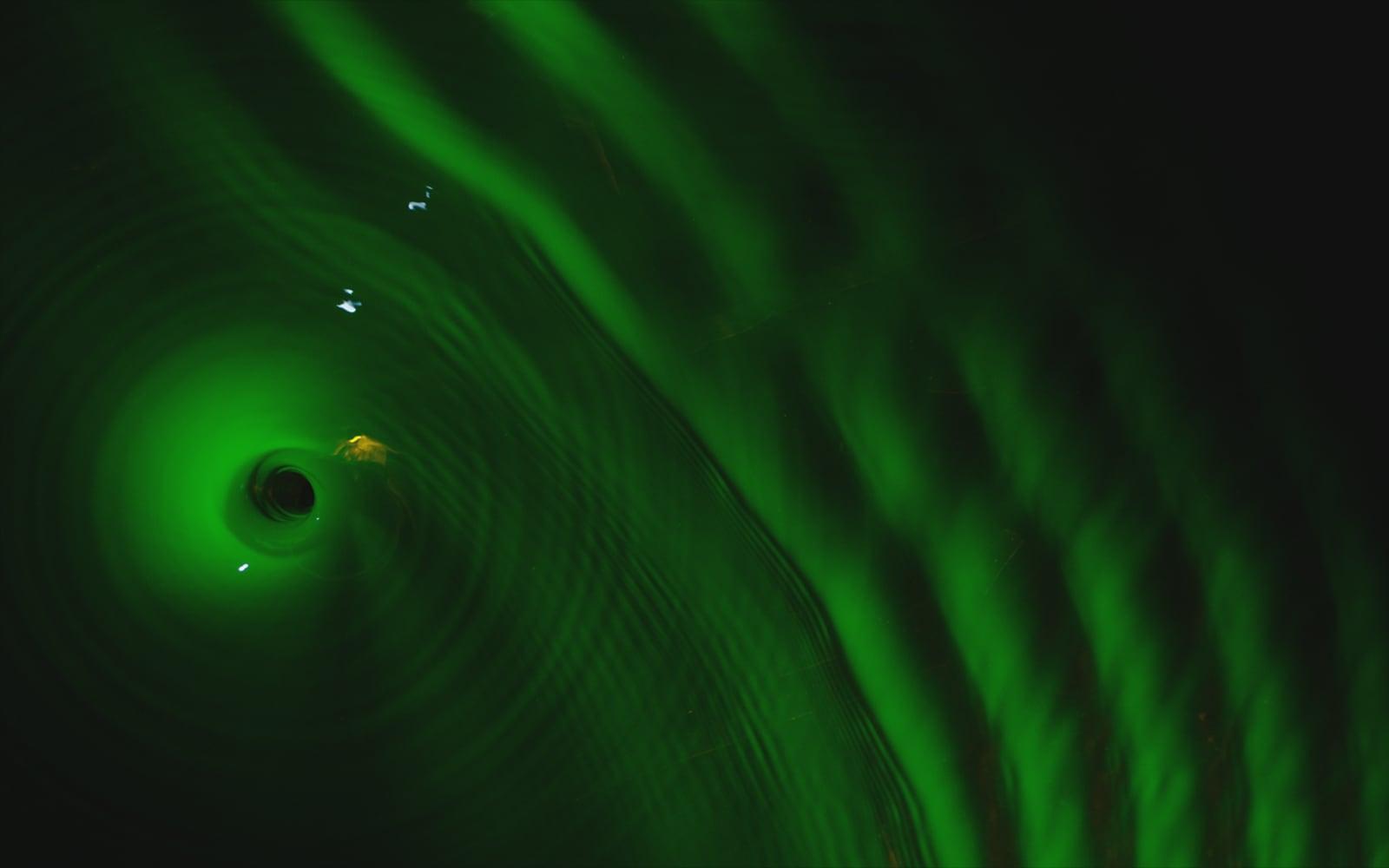Black Holes: The Edge of All We Know by Peter Galison (Review)

Nerd alert! When I was in junior high, I was absolutely certain I was going to be a cosmologist or theoretical physicist when I grew up. Fueled, no doubt, by my love for Star Trek, I was fascinated by black holes, quasars, and other bizarre cosmic phenomena. And just how far did this fascination go? I asked my parents for a copy of Stephen Hawking’s A Brief History of Time for my birthday — and to their credit, they bought me one.
I never did become a cosmologist — math, as it turned out, was not one of my strong points — but I’m still fascinated by the universe’s secrets. While this usually gets expressed through my love for science fiction, nothing fuels my sense of wonder quite like visiting our local observatory (sadly closed now due to COVID) or watching an excellent science documentary like Peter Galison’s Black Holes: The Edge of All We Know.
Black holes are arguably the strangest and most bizarre phenomenon in the universe — and also the most mysterious. These regions of space contain a gravitational pull so strong that nothing — not even light — can escape. And how do you find something that literally consumes light?
Galison’s documentary follows two groups of scientists seeking to better understand these cosmic enigmas. The film’s first story follows the team behind an ambitious project called the “Event Horizon Telescope” which aims to use telescopes around the world to form one super-telescope that (they hope) will be powerful enough to somehow see a black hole. The film’s second story follows a trio of physicists bent on solving the “information paradox,” which states that if a black hole eventually dies — and how weird is it to think of a black hole dying? — the information from everything that it swallowed will completely vanish from the universe in violation of quantum mechanics.
This two-pronged narrative approach is a bit off-putting at first. Both stories are quite interesting and obviously linked, but perhaps Galison felt that neither could sustain a 90-minute documentary on its own. I kept waiting for the two stories to somehow converge or overlap, but they never do. Of the two stories, I found the “Event Horizon Telescope” narrative the more engrossing of the two. I was fascinated by the amount of time and effort that people poured into it, the logistical issues of coordinating telescopes in places like Arizona, Hawaii, Chile, and Antarctica, and the steps taken to ensure the experiment’s integrity.
However, the “information paradox” storyline might be the more emotional. It was certainly the more charming of the two. The physicists — two English, one American — convene for a regular meeting of the minds at a picturesque English cottage, and there’s something truly delightful in the scenes of them wandering about the lovely English countryside while discussing incredibly complicated and esoteric mathematical equations. All three physicists are close friends of Stephen Hawking, who put forth the “information paradox” in the 1970s, and the film’s most emotional moments come as they mourn their friend’s death even as they draw nearer to solving the paradox without his input.
Interspersed between the two narratives are brief interviews with various thinkers discussing the scientific and philosophical issues posed by black holes and their all-consuming nature. Animation sequences also pop up here and there, which can sometimes make the documentary feel even more disjointed. Some of them are surreal and bizarre, some more dream-like and whimsical, but one in particular — in which we zoom out from the planet Earth, to the solar system, to the Milky Way, and beyond in order to get a sense of the scale of the Event Horizon Telescope’s undertaking — was especially mind-blowing.
Black Holes: The Edge of All We Know is ultimately a celebration of science and human ingenuity at its best. That we can detect cosmic phenomena that occurred millions and millions of light years away from our own planet, that we can devise intricate mathematical equations capable of predicting and modeling some of the universe’s darkest and strangest forces — these are amazing, and humbling, achievements.
Science, as a concept, has become rather contentious in this day and age of COVID. It’s become less a tool for increasing our understanding of the world around us, and more a cudgel with which we beat our ideological opponents over the head. It’s become a point of division and derision, a divide between households that “believe science is real” and those who believe science is being used as an elitist tool of oppression.
But throughout Black Holes: The Edge of All We Know, we see physicists and astronomers who have dedicated years, decades even, to this singular pursuit. We see them caution each other over the need for objectivity. We see them temper their sense of wonder with scientific rigor. And we see them celebrate when they finally peer into the universe’s deepest, darkest regions and catch a better glimpse of the truth. In short, we get to see science as it ought to be, and it’s a beautiful and inspiring thing.
